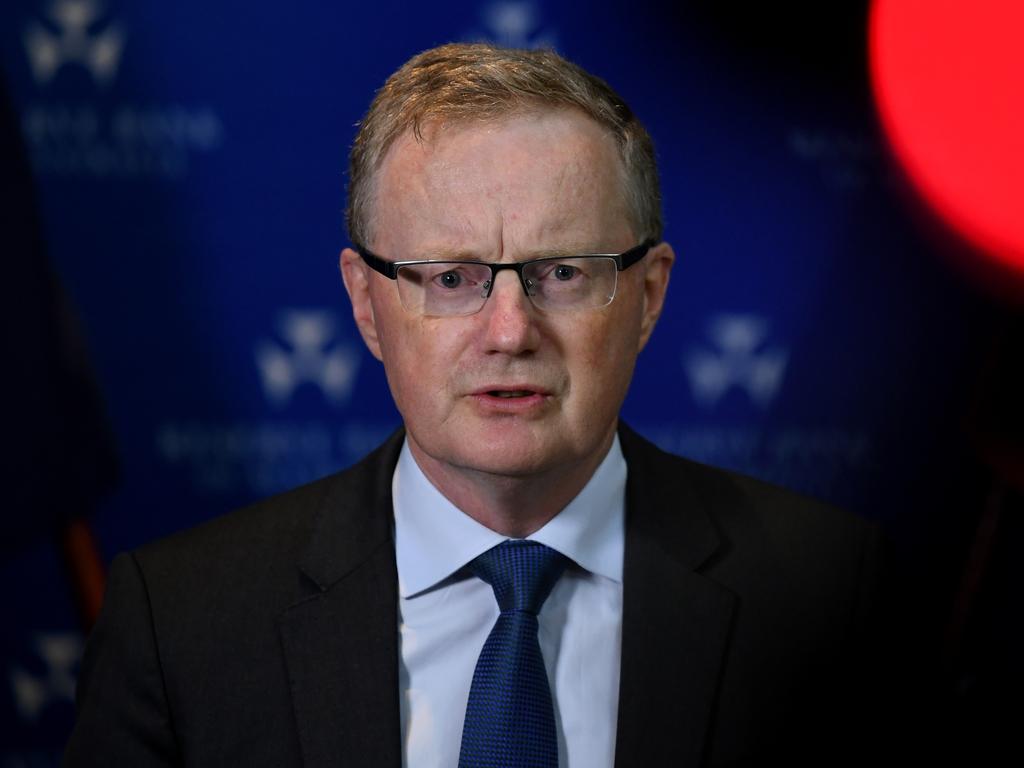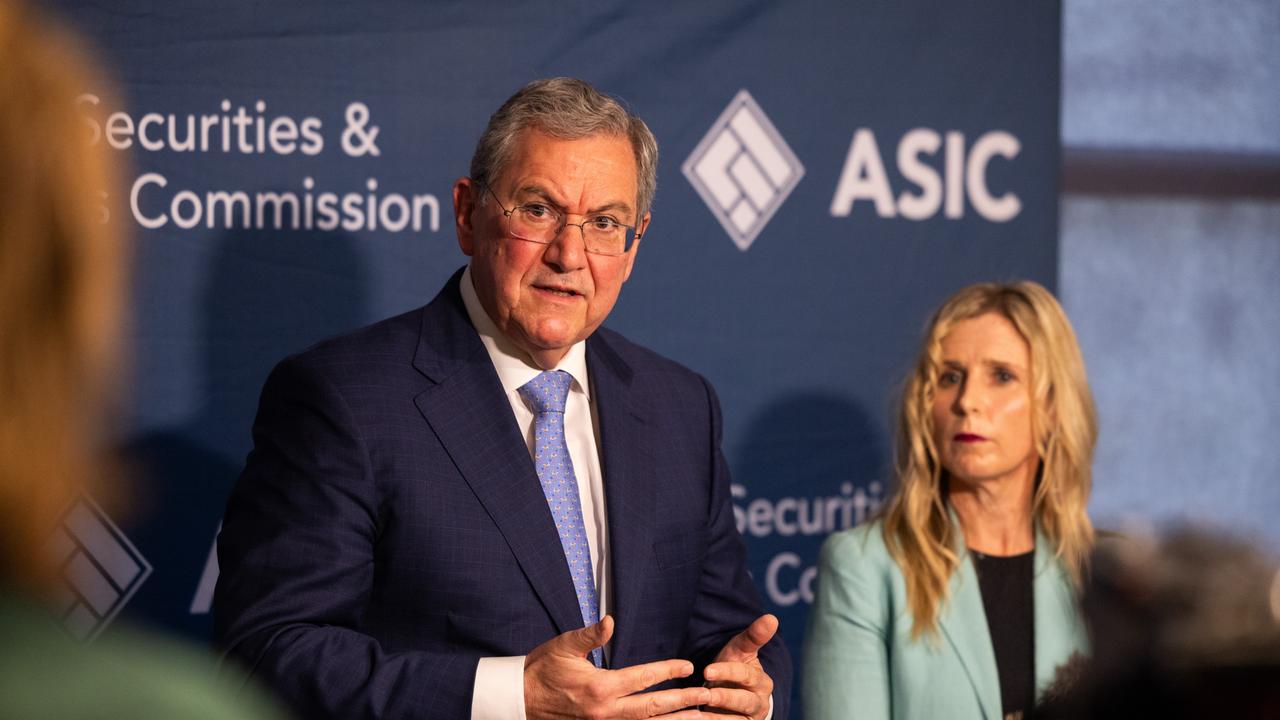AMP can’t fix culture when its business model is still based on deceit

That’s AMP’s problem.
For decades its business has been founded on “advice-based distribution”, and still is — that is, persuading people that they’re getting financial advice when in fact something is being distributed to them.
That “something” is asset management, which is a product, not advice. AMP’s advisers, and in fact most advisers in the country, are mainly “fund-of-fund” asset managers: they choose fund managers for their clients having given them some advice about asset allocation.
Nothing wrong with that; it’s a worthwhile service. The problem lies with presenting it as “advice”. In the “Strategy” section of AMP’s results presentation this month, under the heading “Reinvent advice”, the quality of its adviser network was displayed as AUM (assets under management). The advisers are celebrated as asset managers, not for the quality of their advice.
Trailing commissions aren’t paid any more, but AMP’s advisers know how to get on: by persuading every client to give them their money to manage and grabbing as much AUM as possible.
And they won’t do that by telling clients that they should put their money in a few ETFs and keep their fees as low as possible, which is what most of them actually should do. As anyone with five minutes experience with investment knows, the key to success is low fees, and preferably not compounding percentage fees.
That is not achieved by paying advisers a percentage and then paying asset managers another percentage, and then the platform another percentage, especially when most of those advisers, on average, don’t beat the market over time.
AMP chairman David Murray would know that as well as anyone, yet he chose to persist with a business that relies on telling people that three layers of compounding percentage fees are a good idea and will help the client do better than an ASX 200 ETF, when that’s plainly not true.
Commissions paid to advisers to support their role as product distributors were banned in 2001, but the role has continued with the advisers being rewarded in other ways. The evidence that it remains problematic is AMP’s $1.2bn in remediation being paid to clients.
It is fundamentally deceptive: the advisers and AMP might present themselves and think of themselves as advisers, but as always we should follow the money: they get paid for asset management, not for advice, although many charge separately for the statutory Statement of Advice.
The distinction might seem a fine one, splitting hairs, and advisers assert that investing their client’s money through a platform is just a more efficient way to advise them, so the clients don’t have to worry, it’s all taken care of.
And there’s some truth to that, of course, but the advice is conflicted because the adviser needs to hang on to the money and invest it, not just advise.
Like all other consultants, they should get paid an hourly rate for advice that is uncontaminated by a desire to get control of the money and charge a percentage fee.
Judging advisers by their AUM is not only fundamentally at odds with the interests of the client, it deceives them about the transaction they’re engaged in. It’s a sales transaction, not a consulting one.
David Murray made a big mistake when he decided, soon after becoming chairman in June 2018, to retain AMP’s adviser network and “advice-based distribution” business model.
It was a surprising decision really: Murray is a man of integrity and would hotly reject any suggestion that he would lead a company that was deceitful, as would his CEO, Francesco de Ferrari.
But having made that decision he set himself and de Ferrari up for failure. They should have jettisoned the advisers and turned AMP into AMP Capital — Australia’s largest and arguably most successful asset manager.
Instead they decided simply to cull the adviser network, keeping the ones with the most AUM and thereby reinforcing the company’s corrupt business model.
Now one of them, perhaps both, may have to leave in humiliation as a result of two sexual harassment scandals. One of the scandals, concerning the recently appointed CEO of AMP Capital, Boe Pahari, is turning into quicksand for all concerned because of the attempt to cover it up and then play it down.
Obviously, AMP’s business model has nothing directly to do with alleged sexual harassment, but it has everything to do with a culture of cover-up.
How can any company have an internal culture of integrity and openness when the business itself is based on a lie?
Alan Kohler is the editor in chief of Eureka Report







It’s impossible for a company to have a good internal culture if its business model is based on deceit.